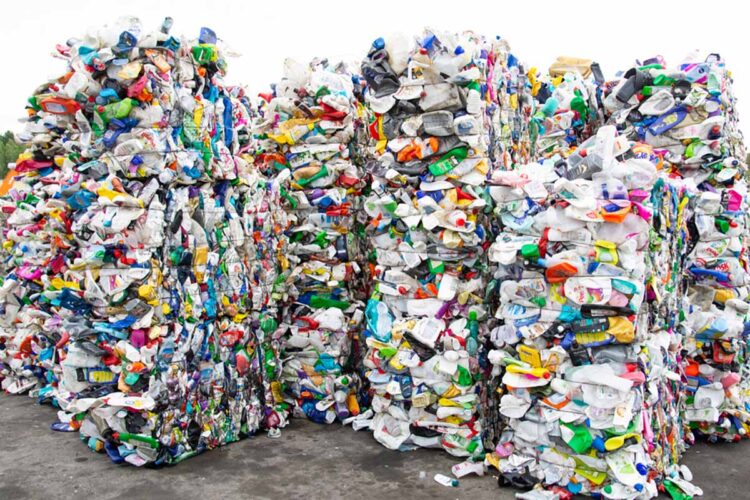Circular Action Alliance has submitted an amended program plan for meeting Colorado’s extended producer responsibility regulations for packaging. Public comment will open later this summer.
CAA, the producer responsibility organization (PRO) representing companies obligated under Colorado’s in-development EPR program, submitted the plan to Colorado’s Department of Public Health and Environment on June 30. It builds on the initial document CAA submitted early this year. Colorado’s EPR advisory board met in March and April and came back to CAA with requests for modifications and additional information.
The advisory board’s nine amendment requests included tweaks such as clarifying how the cost of completing future needs assessments will be categorized, establishing a minimum frequency for reconsidering companies’ post-consumer recycled content mandate waivers, specifying the types of investments CAA will make to develop recycling markets for covered materials in the state, and more.
One key addition was a description of the process CAA will use to bring hard-to-recycle packaging materials that are not currently widely collected, into the EPR program. The program involves two lists, a Minimum Recyclable List that covers readily recyclable materials, and an Additional Materials List, which includes packaging that may be collected in certain parts of the state or through drop-off systems. Colorado’s program has a goal to bring non-recyclable packaging into the program by 2030.
“To achieve this aim, CAA Colorado will collaborate with service providers, end markets, producers, and other interest holders to develop pathways for materials that are not currently collected to enable the transition of eligible materials from the non-recyclable category to the (Additional Materials List),” the organization wrote in the amended plan. “CAA Colorado will utilize the data collected through material audits, gap studies, and service agreements during the first two program years to identify viable pathways for material transition by 2030. CAA Colorado will include updates in the annual reports to ensure eligible materials can be collected in some form by 2030.”
Colorado’s producer responsibility advisory board has until Aug. 14 to review the amended plan and recommend to the Department of Public Health and Environment that it be approved or rejected. After that recommendation, the department will open public comment on the plan.
EPR program deadlines are coming up fast in Colorado. As of July 1, producers of covered packaging materials can no longer sell or distribute those products in the state unless they’re registered with a PRO (either CAA or the Lubricants Packaging Management Association powered by Interchange 360, a group for petroleum and automotive product producers).
By July 31, covered packaging producers must sign into the program’s Producer Portal online and report the volume of covered packaging material they supplied into Colorado in 2024. That data will be used to set producer dues rates for 2026, with the payment rates announced this fall. Producers will begin paying those dues in January 2026.
Colorado lawmakers passed the EPR bill in 2022, the third state to do so after Oregon and Maine. Since then, EPR laws have passed in four more states. This month, Oregon’s program became the first to officially be implemented.


























